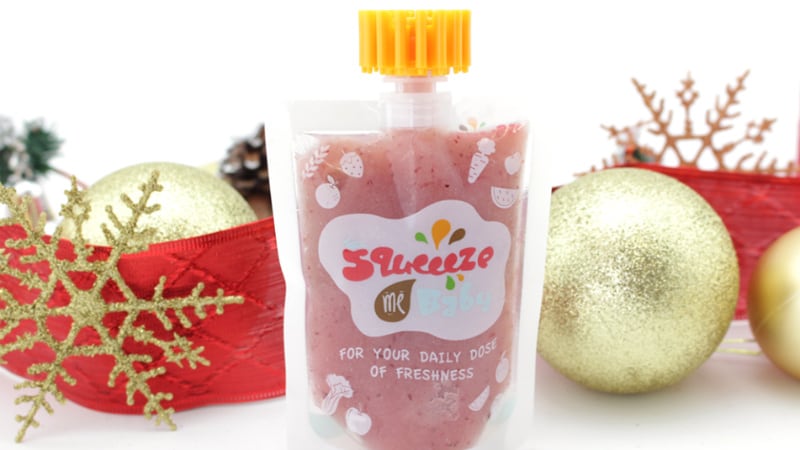Baiza Bain, managing partner of Kuala Lumpur-based Ficus Venture Capital, and formerly one of the leading lights in Malaysian Shariah-compliant private equity, says there is a lack of money available in the country to finance early-stage nutraceutical companies in the way there is in, say, Thailand and Indonesia.
“It’s not about having a lack of intellectual property or research with these guys; the stumbling block is during the time this research and discovery process moves towards commercialisation,” he said.
“A lot of the IP guys start at university so it’s a different environment altogether compared to Indonesia and Thailand. Number one there’s an availability of funding to go into commercialisation in those countries, but in Malaysia, we haven’t seen any big commercialisation here.”
Always a big draw in Muslim-majority Malaysia, halal certification has been paying dividends for some Australian companies, as more and more seek to target Muslim consumers.
It is unlikely that many vitamins and supplements would require a halal stamp, given the natural and plant-based nature of the products available, but it does give Muslim consumers assurance that the products they are buying are Shariah-compliant. For many, including non-Muslims, it can give an indication of the provenance of a product.
“The Aussie companies have been very smart. Some of them have got halal certification because they have learnt that when you have this, you have access to a bigger market,” said Baiza.
During his time in private equity, he investigated several cosmetics companies in Indonesia, another mostly Muslim country, which boasts extraordinary biodiversity and a tradition of using botanicals as raw materials for natural remedies. Among these were manufacturers of jamu, a traditional medicine said to enhance women’s health.
“It’s a traditional herb preparation for women taken as a supplement to make your skin better, to recover from childbirth. These companies are huge in Indonesia,” he said. In this way, Malaysia could also stand to capitalise on its own plant life and traditions.
“We do have diversity in terms of the flora we have over here, and there are certain things that are only available in this region and not elsewhere,” he said.
“We have seen this with a couple of biotech companies that operate out of Malaysia, where they have successfully exported their wares to Europe and the US. The question is, halal is one thing, but to go into a new market, it’s the regulatory hurdles that are also impeding these companies.”
Though Malaysia isn’t firing on all cylinders yet in producing startups that can exploit the country’s nutrition market, now is a good time for investors to pick the best of them and lavish them with funding, Baiza believes.
At this low level of development, there is plenty of room for a fledgling business to proliferate, and the startups are benefited by having less local competition.
“We have seen a lot of VC investors who have nurtured these very raw companies; effectively, when you see these businesses, they do have the product and they do have research which can be commercialised,” he said.
“But they also need a lot of guidance in terms of making their findings and research into a proper business. That’s what we do as investors, we guide them and coach and mentor them to be successful."



